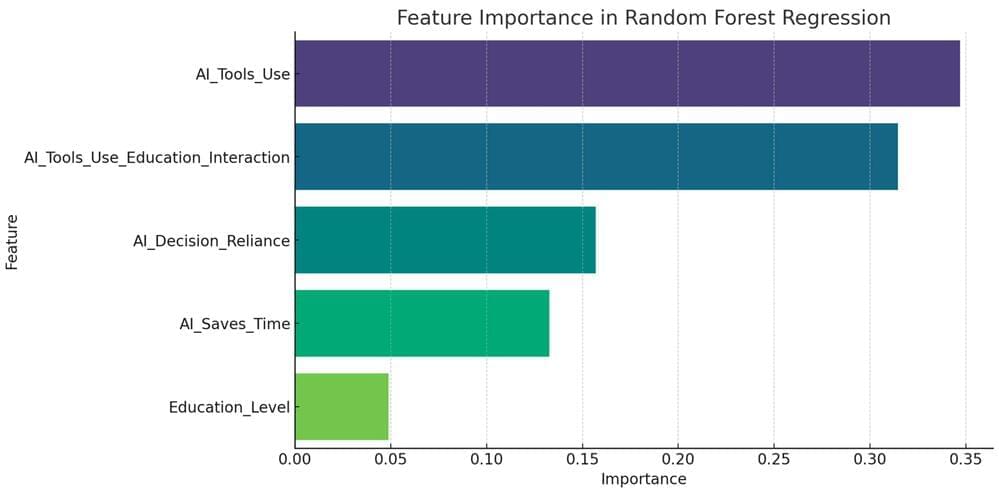In today’s AI news, this year coding might go from one of the most sought-after skills on the job market to one that can be fully automated. Mark Zuckerberg said that Meta and some of the biggest companies in the tech industry are already working toward this on an episode of the Joe Rogan Experience on Friday.
In other advancements, NovaSky, a team of researchers based out of UC Berkeley’s Sky Computing Lab, released Sky-T1-32B-Preview, a reasoning model that’s competitive with an earlier version of OpenAI’s o1. “Remarkably, Sky-T1-32B-Preview was trained for less than $450,” the team wrote in a blog post, “demonstrating that it is possible to replicate high-level reasoning capabilities affordably and efficiently.”
And, no company has capitalized on the AI revolution more dramatically than Nvidia. The world’s leading high-performance GPU maker has used its ballooning fortunes to significantly increase investments in all sorts of startups but particularly in AI startups.
Meanwhile, Sir Keir Starmer has green-lit a plan to use the immigration system to recruit a new wave of AI experts and loosen up data mining regulations to help Britain lead the world in the new technology. The recruitment of thousands of new AI experts by the government and private sector is part of a 50-point plan to transform Britain with the new technology.
In videos, newly deployed at Lawrence Livermore National Laboratory, El Capitan — the National Nuclear Security Administration’s (NNSA) first exascale supercomputer, is setting new benchmarks in computing power. At 2.79 exaFLOPs of peak performance El Capitan’s unprecedented capabilities are already impacting scientific computing and making the previously unimaginable a reality.
Then, François Chollet discusses the outcomes of the ARC-AGI (Abstraction and Reasoning Corpus) Prize competition in 2024, where accuracy rose from 33% to 55.5% on a private evaluation set. They explore two core solution paradigms—program synthesis (induction) and direct prediction (“transduction”)—and how successful solutions combine both.
And, in this entertaining and important talk, AI ethicist Nadia Lee shares the perils, pitfalls and opportunities that swirl around our emerging AI reality. Nadia Lee is an ethical AI advocate and the founder of ThatsMyFace, an AI company which detects key assets and people in malicious content for businesses.





